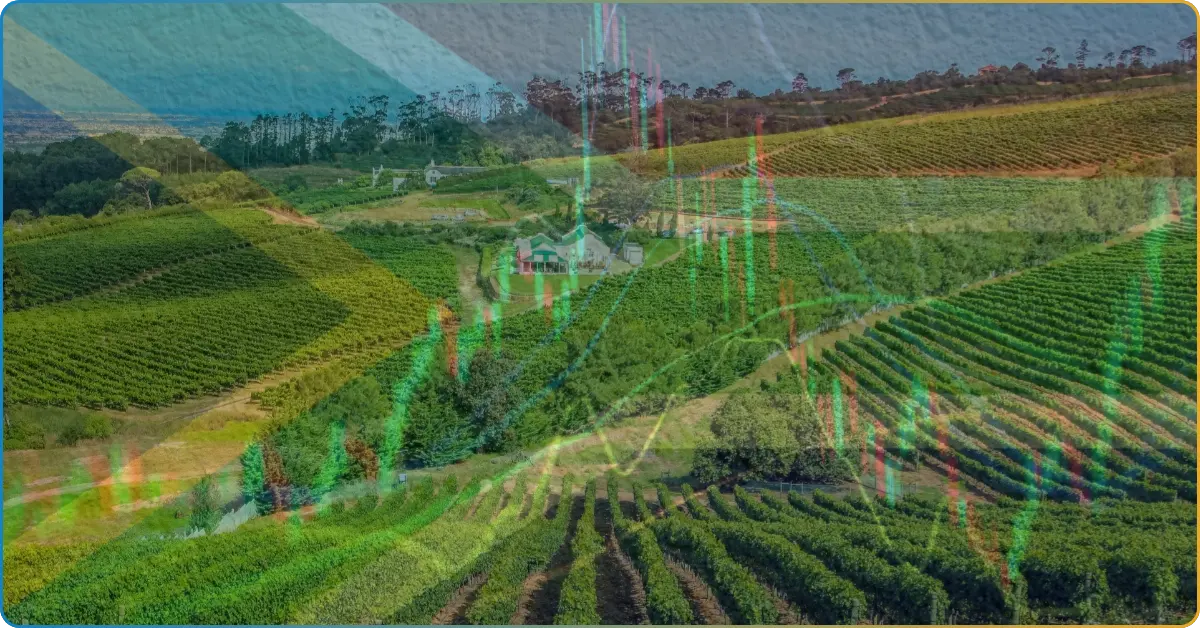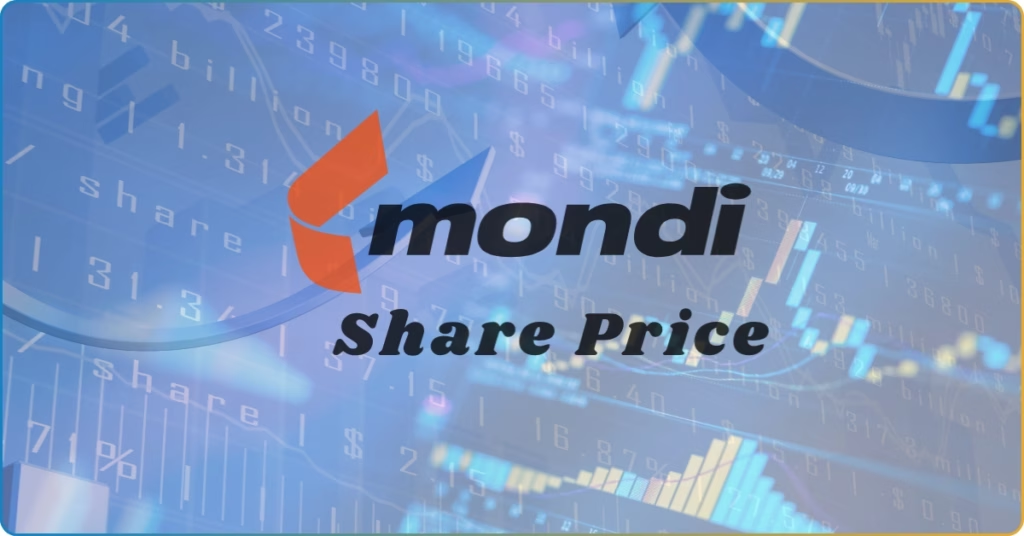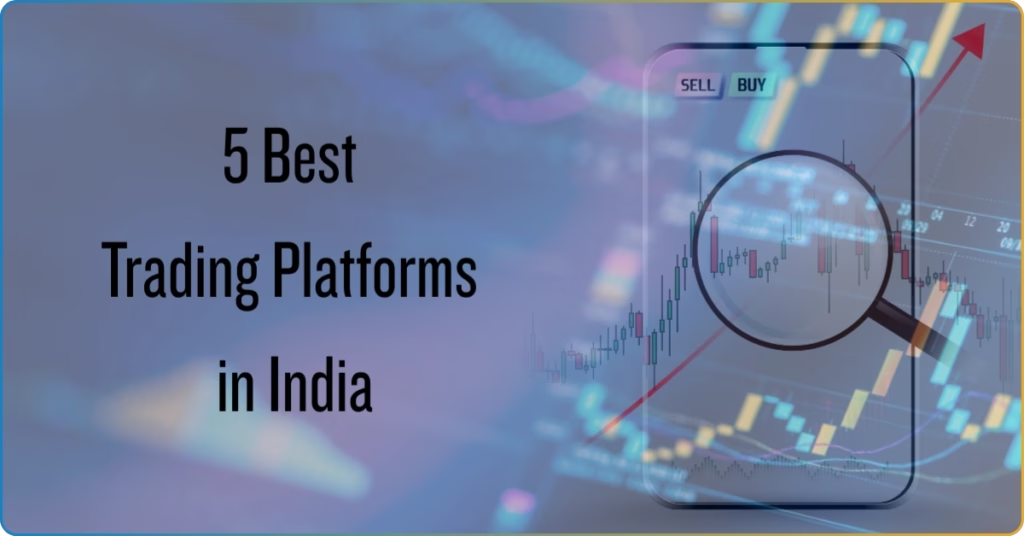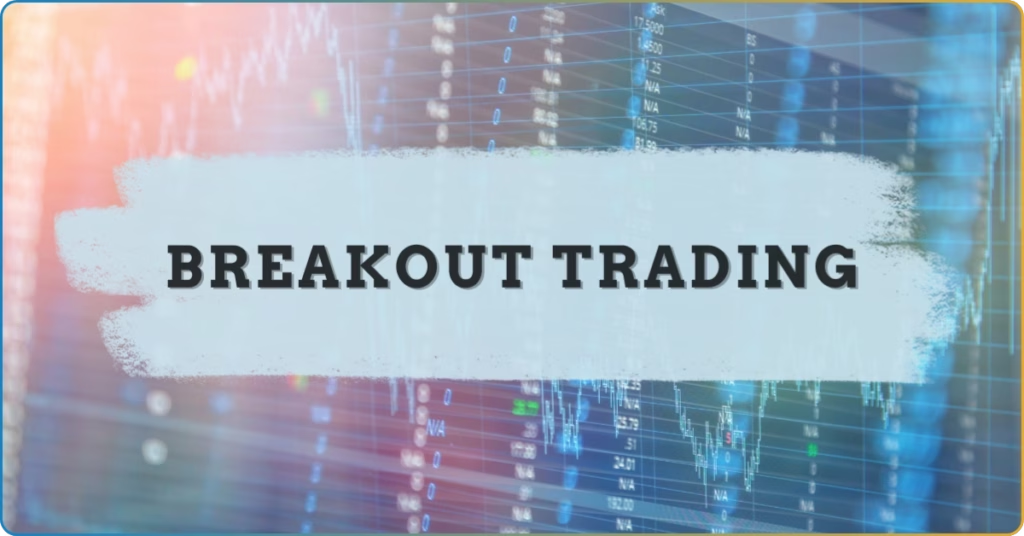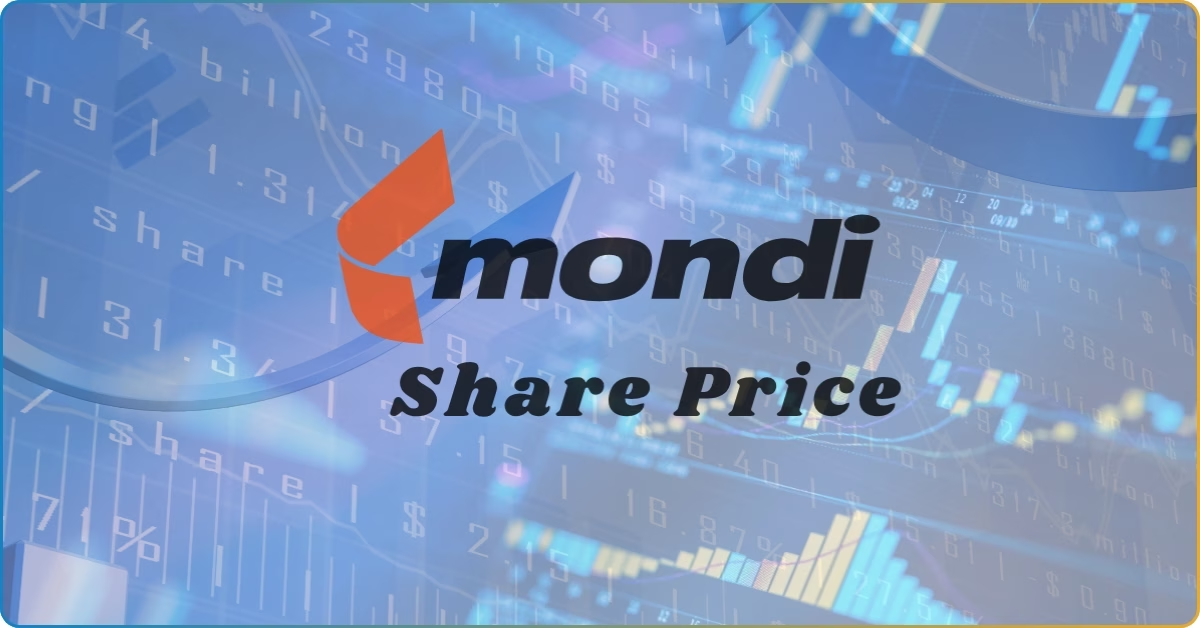Agricultural commodities trading (or agri-commodities trading) is a powerful approach to diversify your investment portfolio. If you want equally profitable securities beyond the traditional forex and stocks, you can participate in the economic-tied commodities markets.
Briefly, agricultural commodities trading involves the buying and selling of raw materials and primary agricultural products (grain cereals, seeds, meats, and dairy products).
In this TRU Insight, you’ll explore everything you need to know about agricultural commodity trading in South Africa. Read on and discover a whole new world of profitability in the financial markets.
Quick Overview: What Are Commodities and How Are They Traded
Did you know that you participate in the commodities market every day you go out?
When you do your grocery chores, you essentially contribute to the argi-commodities market. Going out and putting gas into your car means you participate in the energy or oil markets.
With its integration into our everyday lives, it brings high volatility due to exponentially high daily transactions. Remember, the higher the volatility, the greater the fluctuations are.
And when the market is fluctuating, it presents immense financial opportunities for investors and traders.
When you trade commodities in the financial markets, you’re simultaneously buying and selling raw products or primary goods like precious metals (gold, silver), fossils (crude oil, petroleum), or agricultural products (cereal, meat).
This goes beyond the usual commodities transaction, where you exchange cash for goods. Instead, what you’re doing is entering a contract with the OTC dealer that you will fulfill your order on or before the delivery date.
That is called futures trading – the most popular way to speculate on the prices of commodities.
Overview of Agricultural Commodities in South Africa
The South African commodities markets are the primary drivers of economic growth, led by the gold mining sector.
However, its agricultural commodities market is not trailing far behind the mining sector. With almost 80% (96 million hectares) of the South African land area being agricultural lands, the sector’s productivity brings about a positive impact on the South African economy.
Top 3 Profitable Agricultural Commodities in South Africa
Having the largest agricultural land on the African continent, South Africa is home to profitable argi-commodities investments.
Let’s briefly explore the 3 top agricultural commodities in South Africa this 2025.
Cocoa
| Year-to-Date Price Range | USD 5706 to USD 12605 per tonne |
| Highest Price | 12906 per tonne |
Cocoa is the most popular agri-commodity in the financial markets.
With its global appeal, cocoa commodity trading can be done on the New York Mercantile Exchange (NYMEX) and the Intercontinental Exchange (ICE) in London.
For South African traders, the ICE in London is considered profitable as it uses the price of the African market as the benchmark.
But what factors drive the demand for the cocoa commodity? Well, its demand lies in the increasing demand for dark chocolate.
As the main chocolate ingredient, the cocoa market rides the sweet tooth needs of the world. This ultimately increases the demand.
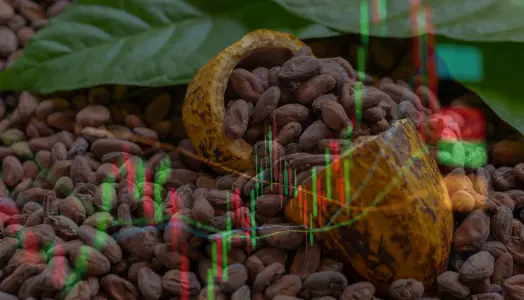
Cocoa traders and investors shouldn’t worry about the sustainability of this agri-commodity product. The increasing popularity of organic and fair-trade chocolate signals a sustainable future for the market – it’s geared upward!
However, remember that unforeseen factors could ruin your investment. This includes climate calamities (drought, typhoon), political instability, and geopolitical tensions that could lead to a trade war.
Related: What Are Tariffs and How They Affect Your Investments? : Everything You Should Know to Start Agricultural Commodities Trading in South AfricaWheat
| Year-to-Date Price Range | USD 498 to USD 715.03 per bu |
| Highest Price | 1350 per bu |
Wheat – a staple food around the world – is another agricultural commodity that presents significant profitable opportunities to South African traders.
With its increasing global demand, wheat could be a great option to diversify your investment portfolio.
Quick Fact: South Africa is the 31st largest exporter of Wheat in the global market, exporting a total of USD 185 million in wheat. Export destinations are Zimbabwe, Botswana, Lesotho, Eswatini, and Namibia.
Do you like to trade wheat futures? You can do so in the Over-the-Counter markets, notably the Chicago Board of Trade (CBOT), the Euronext in Europe, and the Australian Securities Exchange (ASX).
But remember, a standard future contract for wheat trading includes 5,000 bushels units.
But for traders with a brokerage account, you can utilize your broker’s offered leverage to increase your buying power. With leverage, you can access a big investment position with a significantly smaller capital.
This market is a notable example of how geopolitical tensions could change the market dynamics.

When the Russia-Ukraine war took place in 2014, the wheat markets experienced an immense downturn – hitting a new low of USD 361 in 2016 after peaking at USD 1073.
Arabica Coffee
| Year-to-Date Price Range | USD 181.85 to USD 403.37 per lbs |
| Highest Price | 1350 per lbs |
Everyone loves coffee! Not just for an energy punch but for its profitable opportunities as a financial security.
Primarily sourced in Brazil, Arabica coffee is the benchmark of coffee prices in the global commodity markets.
As one of the most consumed beverages worldwide, trading coffee futures could change the game of your portfolio.
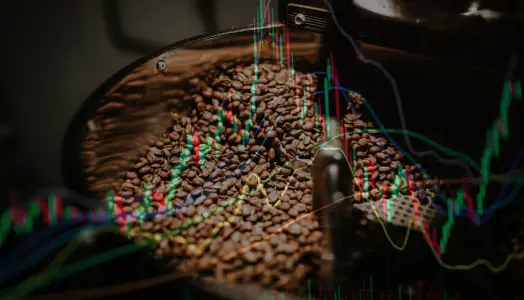
Today, the coffee commodity markets have been recording higher highs, one after another.
To trade Arabica coffee, South African traders should open a trading account with a broker that provides access to the Intercontinental Exchange (ICE) in London.
How Can You Trade Agricultural Commodities in South Africa?
Trading agricultural commodities in South Africa can be done through various methods, including futures contracts, exchange-traded funds (ETFs), physical trading, and contracts for difference (CFDs).
Here’s a breakdown of how you can trade agricultural commodities in South Africa:
Trade on the JSE Agricultural Derivatives Market
The Johannesburg Stock Exchange (JSE) has an agricultural derivatives market where traders can buy and sell futures and options on key commodities such as:
- Maize (White & Yellow)
- Wheat
- Soybeans
- Sunflower Seeds
- Sorghum
Trade CFDs on Agricultural Commodities
If you prefer short-term trading with leverage, you can trade Contracts for Difference (CFDs) on agricultural commodities such as maize, wheat, and soybeans via online brokers.
| Pro of CFD Trading | Cons of CFD Trading |
|---|---|
| No need to own the physical commodity. | High risk due to leverage |
| Allows margin trading for increased profit. | Increased risk exposure due to margin trading. |
| Flexibility to go long (buy) or short (sell). | Market volatility can lead to rapid losses. |
Invest in Commodity ETFs
Exchange-traded funds (ETFs) that track agricultural commodities or agribusiness companies are another option.
Some ETFs focus on global agricultural commodities, while others track South African farming and agribusiness stocks.
Trade Physical Commodities (Spot Market)
For businesses involved in food production or distribution, buying and selling physical agricultural commodities directly from farmers or cooperatives is another way to participate in the market.
This is common in agri-cooperatives and commodity trading firms.
Use Online Platforms for International Agri-Trading
Some global online trading platforms allow South African traders to access international agricultural commodity markets, such as:
- Chicago Board of Trade (CBOT) – for global maize, wheat, and soybean futures.
- Intercontinental Exchange (ICE) – for sugar, coffee, and cocoa.

